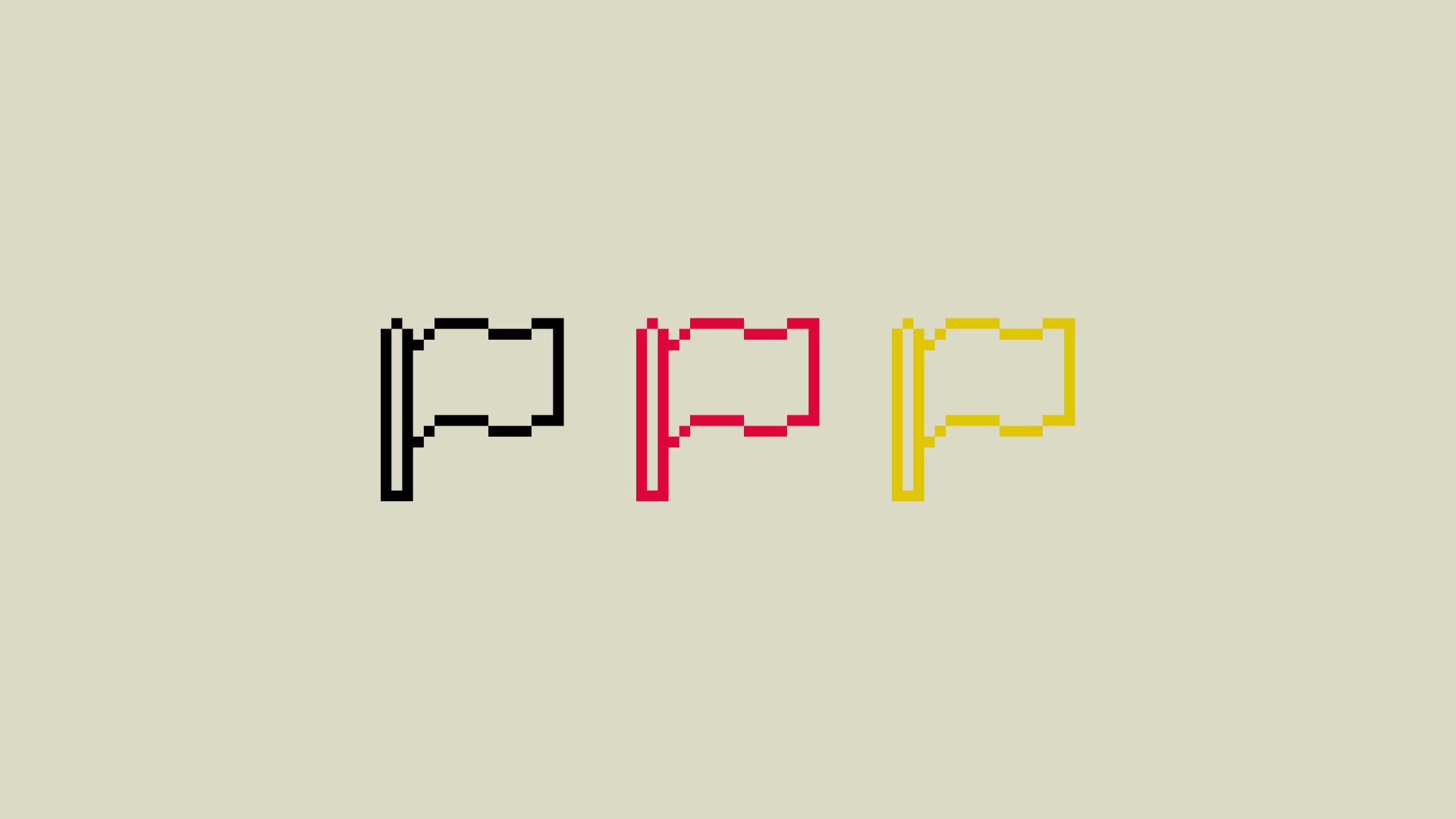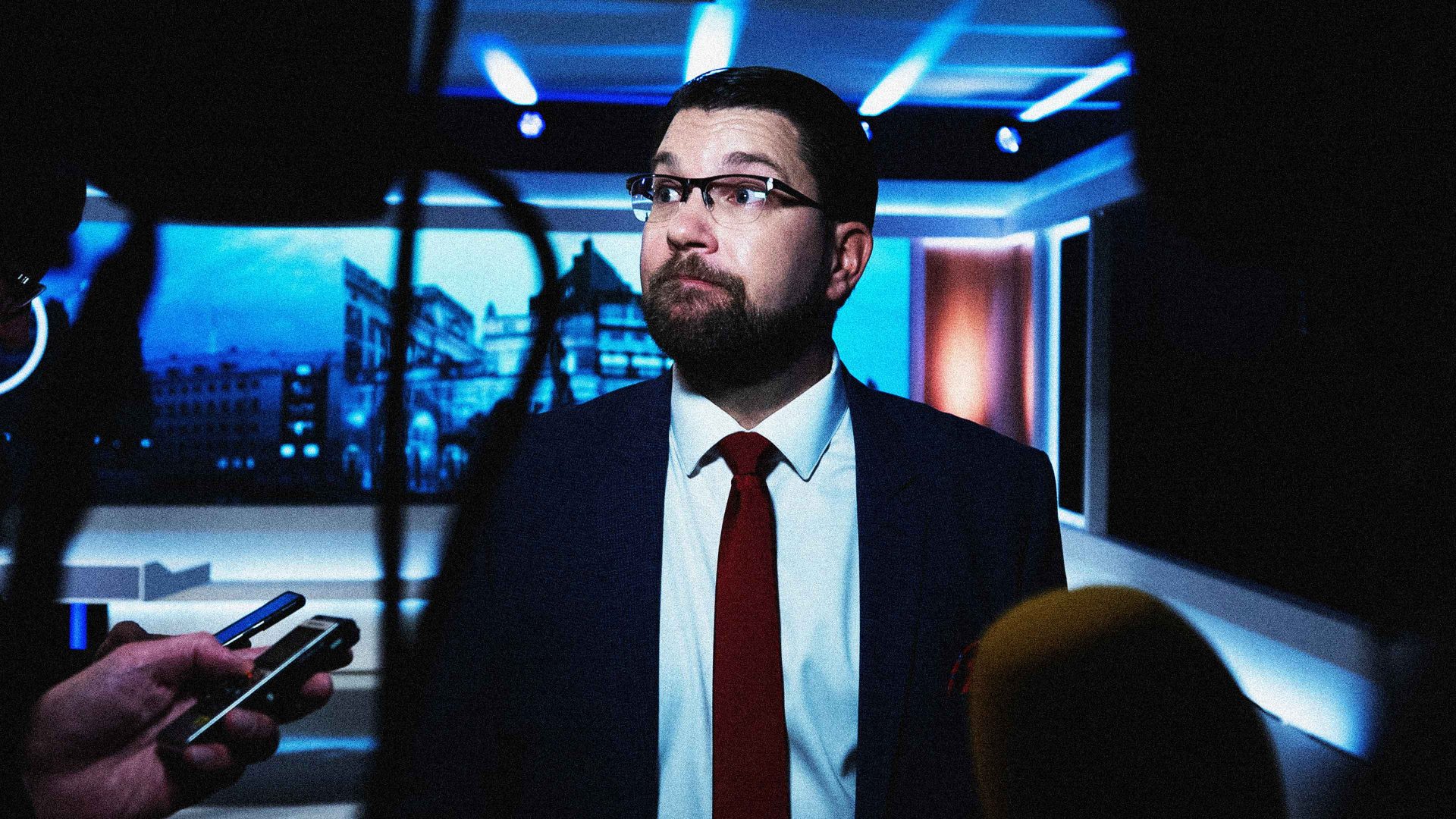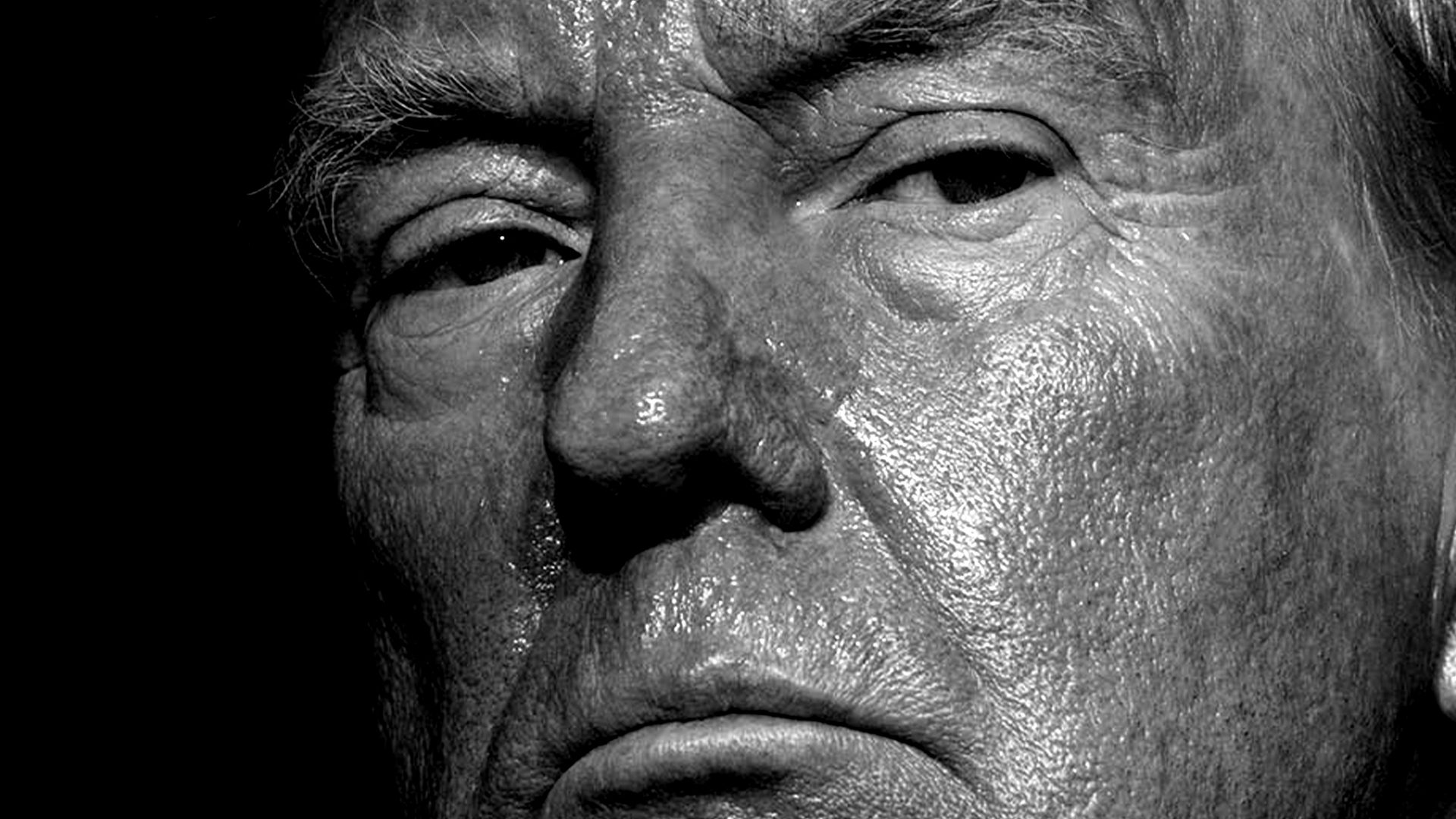If you have ever baked a soufflé, you are acquainted with the fact that certain tasks are extremely difficult to get right, while at the same time offering a multitude of ways to fuck up. The soufflé at hand is keeping the delicate balance of freedom of speech while combating the toxicity of social media.
Social media is not all bad, of course. Personally I am a huge fan of the cute #squirrelsofinstagram hashtag. Hearing them referred to as “tree rats” in London is nothing short of hate speech, I think.
The critters will just have to live with it, but for everyone else the EU is making valiant efforts to battle malicious content with the Digital Services Act (DSA). We’ve all seen examples of social media harming people’s rights or endangering elections; the DSA is intended to stop it. Good luck with that.
In the broader historical context of this planet, social media is about two seconds old, so no one knows what the outcome of regulation will be. But that isn’t to say one shouldn’t try.
The member states have started to implement the DSA, and for Germany this means that the Bundesnetz-agentur (our Federal Network Agency) is issuing licences to so-called “trusted flaggers” – organised groups who will report (what they think is) illegal and detrimental content on the platforms.
Under Article 22 of the DSA, they are entities recognised for their particular expertise in flagging illegal content. The only other requirement: to be independent from the platforms.
Ten applications are still pending, but the first German licence has just been issued. It caused an outcry, and not just among those who shout censorship at every opportunity.
Roughly 200 years ago, the poet Heinrich Heine complained to his publisher: “To write while the censor’s sword of Damocles hangs from a hair above my head – that is to go mad!”
No one has to submit texts any more to any official institution for approval as Heine did. This is what the Grundgesetz means by the sentence “There shall be no censorship” in Article 5 of the Basic Law.
Some people take this to mean that no communication in the public domain may be subject to state intervention – which is a misunderstanding. Constitutionally, it is only guaranteed that there is no pre-censorship.
But if you posted pornographic images on your website or falsely claimed on X that your neighbour had eaten his cat, you would probably experience censorship in Germany. It is just labelled differently: youth protection or anti-defamation law.
In such cases, authorities check individually whether the content truly is illegal, followed by a notice and take down procedure or other sanctions.
With trusted flaggers, the system is different. Here’s what the agency says: “Platforms are legally obliged to prioritise reports from trusted flaggers and take immediate action, such as deleting the content.” It also states: “Illegal content, illegal hate speech and illegal fake news can be removed very quickly and without bureaucratic hurdles. This helps to make the internet safer.”
Hence the web page of the first German trusted flagger – an NGO called REspect! – cheerfully prompts you in purple-pink: “Hetze melden!” (“Report incitement!”) with a form.
No explanation of what is actually illegal. No mention of freedom of speech – and that other people’s opinions usually have to be endured.
So this is what is likely to happen: the trusted flagger, who depends financially on state subsidies, will justify their existence by reporting as many posts as possible. The platforms in turn must give these reports preferential treatment.
And as Facebook, X etc face hefty fees for non-compliance, it is probable that they will opt for “delete post” or “suspend account” rather than undertake costly and time-consuming checks themselves.
Don’t get me wrong: in my view, 80% of online posts are absolutely dispensable (including most of mine).
But it isn’t up to me, is it? Soon it will be up to the flaggers, despite the agency claiming: “Neither Trusted Flagger nor the Federal Network Agency decide what is illegal.”
When, in fact, they do. Because practically, a post will be considered illegal once reported by them.
The executive hides behind the fact that you can always take legal action after your post is deleted, and the courts will decide. Lawyers are already toasting their good fortune. And, I fear, the freedom of speech topic will be even more controversial.
Because, so far, the government hasn’t answered the question: “who flags the flaggers?”




